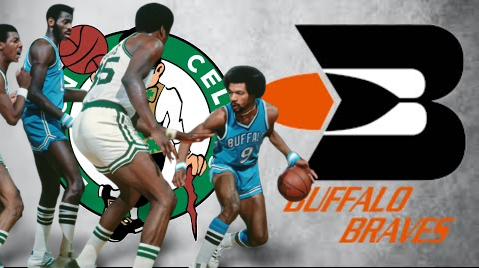On July 7, 1978, the NBA witnessed one of the most unusual and unprecedented events in its history: a franchise swap between the Buffalo Braves and the Boston Celtics. This unique transaction involved the exchange of ownership between two teams, fundamentally altering the landscape of the league.
The swap was orchestrated by three key figures: John Y. Brown and Harry Mangurian, owners of the Buffalo Braves, and Irv Levin, owner of the Boston Celtics. Brown and Mangurian acquired the Celtics, while Levin took control of the Braves.
Irv Levin, a California businessman, had long desired to own a team on the West Coast. However, relocating the storied Boston Celtics was out of the question due to the team’s deep-rooted history and fan base in Boston. The solution came in the form of a franchise swap, a concept suggested by NBA lawyer and future commissioner David Stern.
The NBA’s Board of Governors approved the swap with a 21-1 vote. As part of the agreement, the two teams also exchanged most of their rosters to maintain continuity. This meant that many players who were Celtics one day found themselves as Braves the next, and vice versa.
Following the swap, Levin moved the Braves to San Diego, where they were rebranded as the San Diego Clippers. This move was part of Levin’s long-term vision to establish a successful franchise on the West Coast. Meanwhile, Brown and Mangurian took over the Celtics, inheriting a team with a rich history and a bright future.
Interestingly, Levin had the opportunity to acquire Larry Bird, a promising prospect from Indiana, but decided against it. He later reflected that if he had known Bird’s future impact, he might have made a different decision.
The franchise swap of 1978 remains a unique chapter in NBA history. It showcased the league’s willingness to embrace unconventional solutions and set a precedent for future transactions. The swap not only fulfilled the personal ambitions of the owners involved but also reshaped the identities of the teams, leaving a lasting impact on the NBA landscape.



